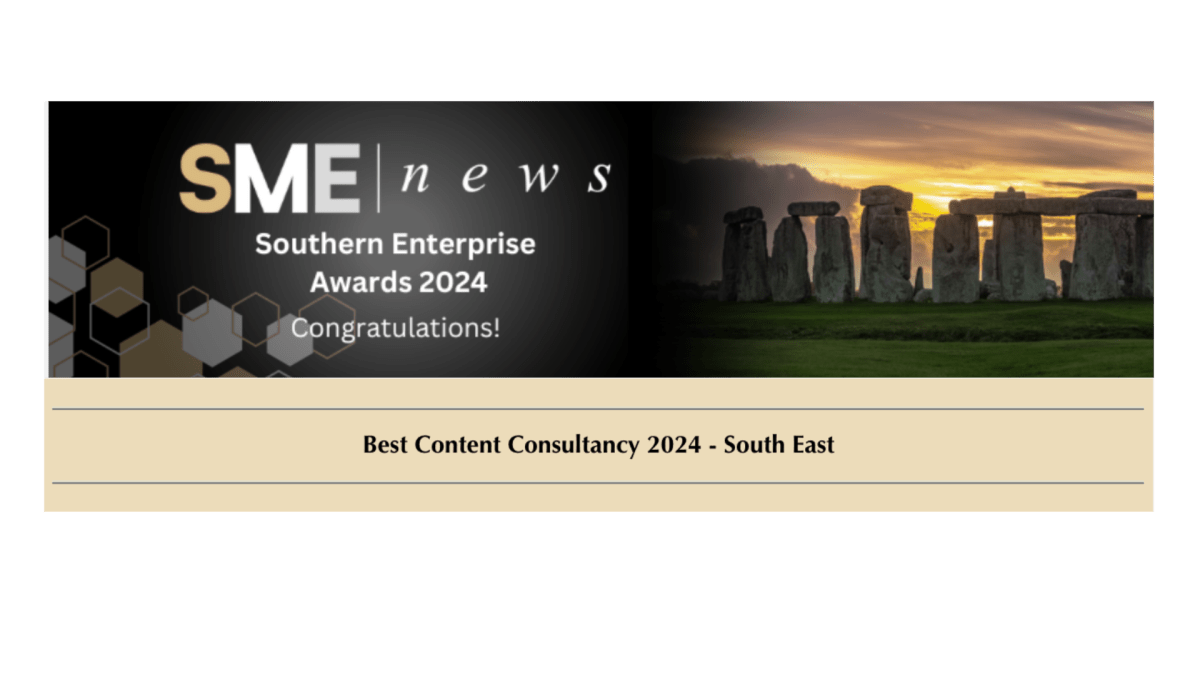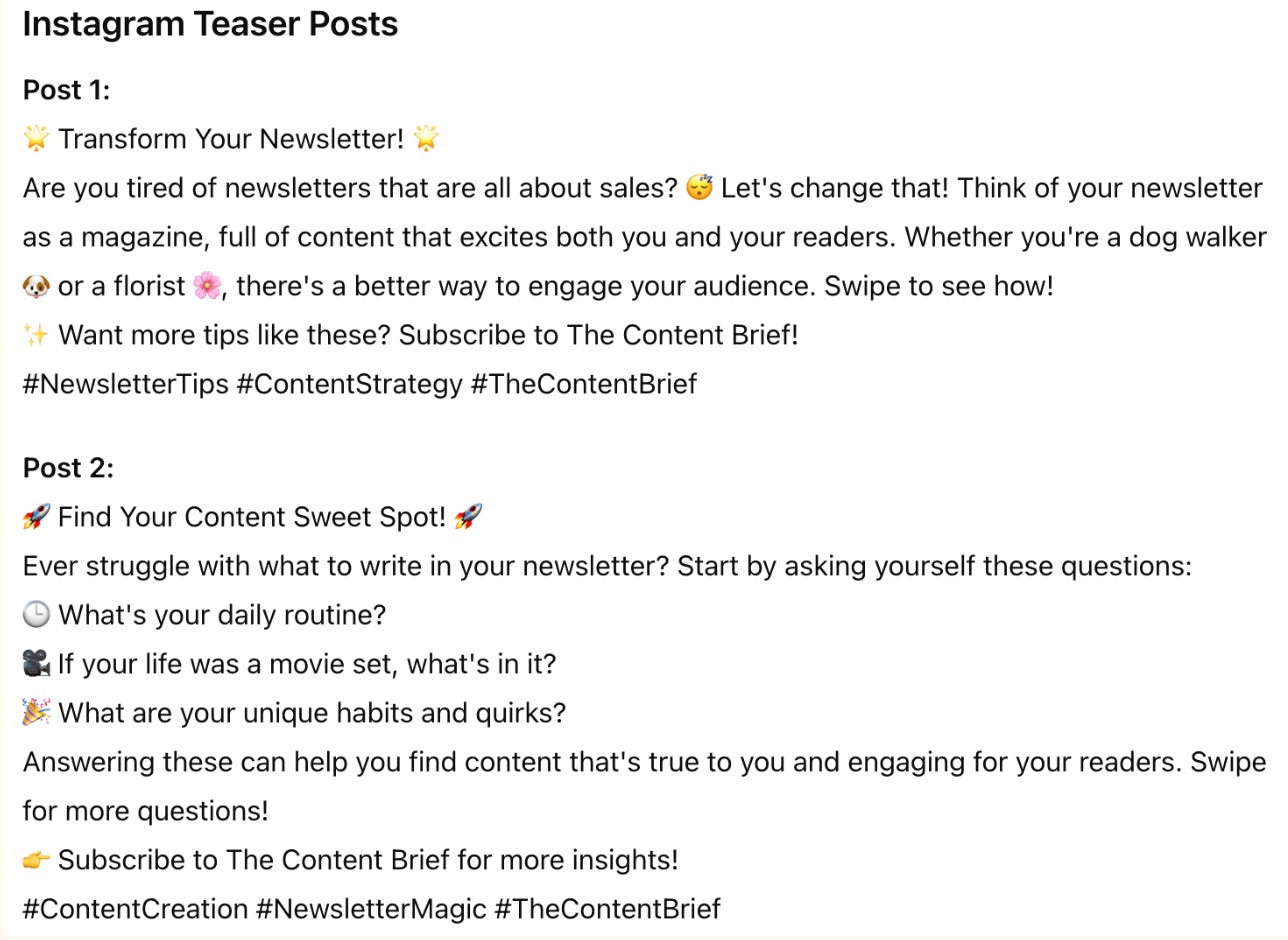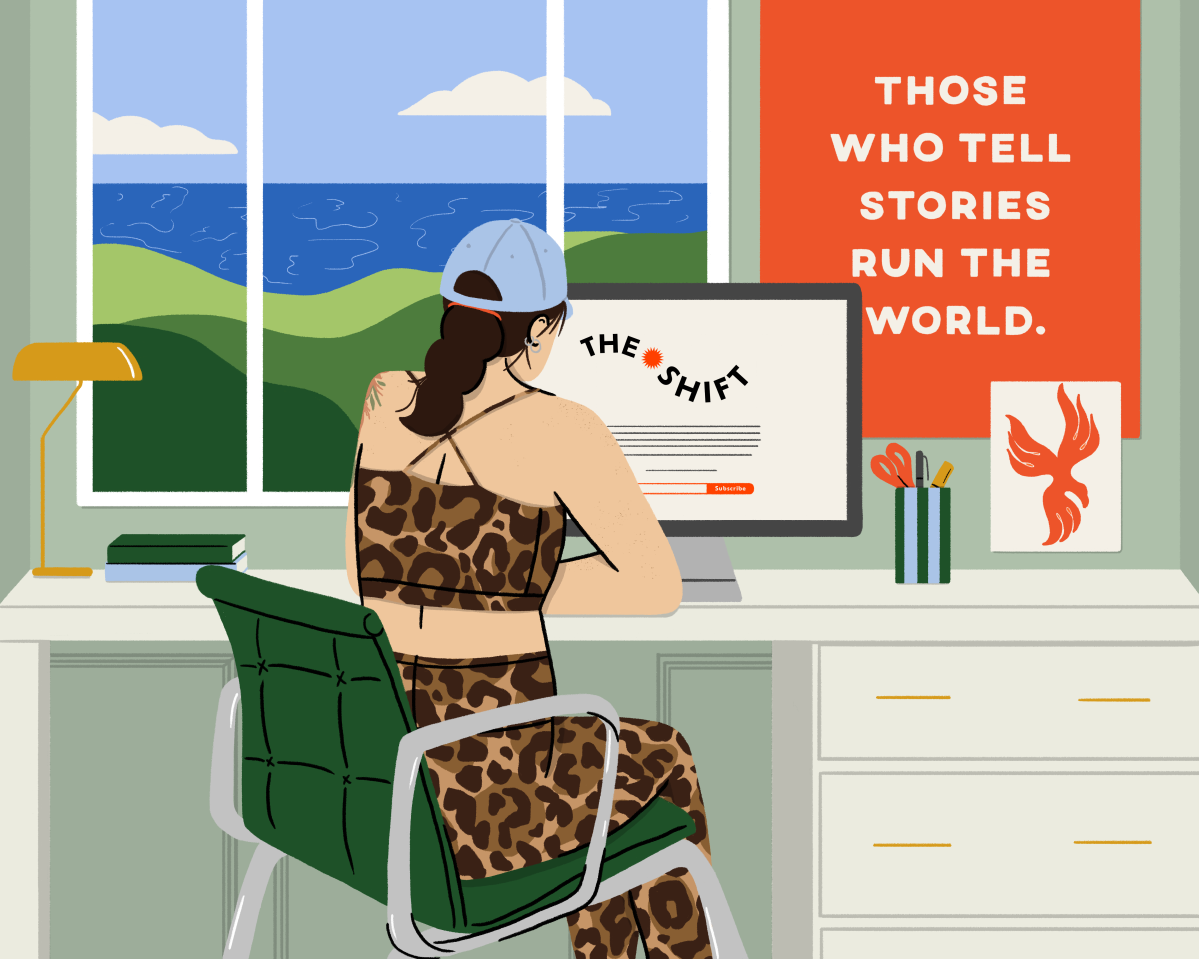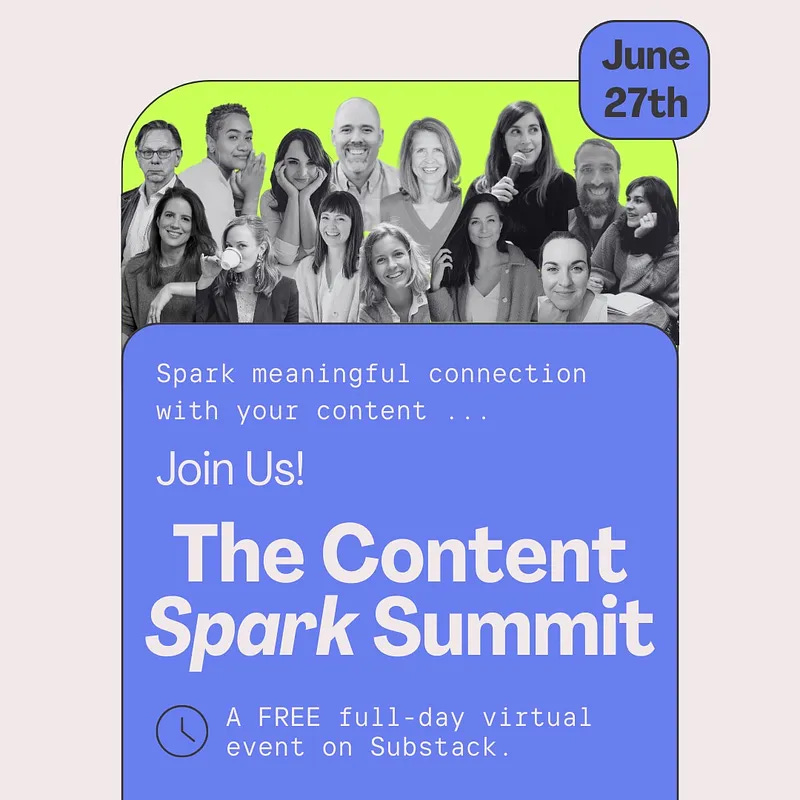Hi Nika,
I’m thrilled to connect with you today regarding the highly anticipated Southern Enterprise Awards 2024, proudly hosted by SME News.
As we now enter the 7th Edition of these prestigious awards, I’m delighted to share the exciting news that your 2024 nomination has been successful, and Nicola Talbot T/A Firebird has been awarded:
Best Content Consultancy 2024 – South East
I really hope this news is well received!
This is my second ‘award’ from SME News. I won a UK Enterprise Award in 2022 for ‘Most Innovative SaaS Company UX Writer and Content Designer’ (they’re super niche, I guess so they can award more of ‘em).
They got in touch over the summer to ask if I was happy to be nominated, I said fine. Then they sent me a questionnaire for ‘supporting information’, which I didn’t fill in. Given I didn’t pay for a promo package last time I’m surprised to win another one!
I won’t lie. I was chuffed to win – it’s nice to be recognised, and it cheered me up this week.
I’m curious about this company (SME News is a brand owned by AI Global Media, a B2B publishing house since 2010), so I looked them up. Here’s the most interesting piece I found on Neil Scrivener’s SLAPP’s blog. AI Global Media awards struck off and convicted lawyer with TWO legal awards.
After a scoop by RollOnFriday, they revoked the award. But how the heck did he win a prize if he’d not practised for eight years? I did a bit more digging and found this explainer on ROF. Apparently, the research team had questioned its legitimacy, but “another individual had missed the note and had neglected to take action accordingly”. They’ve had words to make sure it doesn’t happen again and “retraining is being provided.”
We’ve all been there.
They’re also listed on Wikipedia as ‘an organiser of vanity awards and publisher of online magazines.” I don’t agree with that, though, as it’s not pay-to-win. As they say in this ROF piece: “There is absolutely no link between a customer’s opportunity to win an award and their ability to pay for it. We do offer marketing materials for our winners as we realise there is significant value in promoting the news, but there is no obligation.”
Hmm, I thought I’d better gather more intel.
Hi X
Thank you, appreciated.
Just following up with a couple of questions as I’m curious about how this works.
- Who nominated me?
- Who is on the judging panel?
- Is there a supporting statement / comment from the judges?
I wasn’t expecting a reply, but I got this email back the next day, explaining how it works.
“Our team run an extremely thorough process to arrive at this point, starting with the all-important voting and marketing stage.”
- You can self-nominate, or a third party / the publisher can nominate on your behalf (they did).
- They contact you to check you’re happy to take part (they did).
- They send a supporting questionnaire so you can add more info about your biz (they did – food for thought).
- Their in-house research team (all named here on the website) put together a case file on you (i.e. any info in the public domain).
- They use an internal panel (the same folks probably) for the judging process – “who have been doing this for over 12 years for the company, and they know our standard and exactly what to look for!”
OK, so that’s me told. I was sniffy and suspicious but I’ve changed my mind. It’s not prestigious – no glitzy ceremony – and they’re giving out lots of awards. But it’s not a scam as it’s not pay-to-win. It’s a bit of publicity so why not? Gotta celebrate your wins!
I’ll take the free package (press release, entry into the winners’ directory + a 100-word profile), but I won’t be paying for any trophies or magazine articles, though clearly a lot of people do (or maybe have money to spend at the end of the tax year). Their business model is working.
I thought I’d have some fun with it and see how many awards I can win. I’m going for the hat trick…
It shows how crazy the awards circuit is though – it’s a real cottage industry! What does ‘award-winning’ mean these days?
Have you won an award with SME News or similar? Tell me more.
I did an awards newsletter for a client this week. Some glam photos from the night, which made it look fab. That’s the real value of awards – having nice visuals to use in your marketing.
Here’s a tip from the judges on how to craft a winning entry. “Entries that tell a full in-depth story with detail and evidence tend to be better received.” We need that human connection. ‘Feeling part of the journey’ also came up in the comments.
Have a fantastic week.
Nika 🙂

Reads & Recs
▶️The Art of Business – Hey Creator podcast. An audio-only version of Bonnie Christine’s presentation at the HeyCreator Summit. Super inspiring talk.
▶️”How do I market myself without feeling gross about it?“. As always, thoughtful advice from Russell Nohelty (a long read, grab a cuppa!)
▶️TeuxDeux app. A to-do list that’s as simple to use as a piece of paper. Enjoying this – it’s the most elegant productivity tool I’ve used.
Quote of the Week
You’re not going to create good content if you’re not excited and having fun doing it. It seems basic, but there are a lot of people who hate the content they’re creating. And it’s not gonna work.
Forget the best practices; forget what everyone else is telling you to do. Go create something you’re excited to create. – Josh Spector.

Who the heck works at Burning Man ❤️🔥










